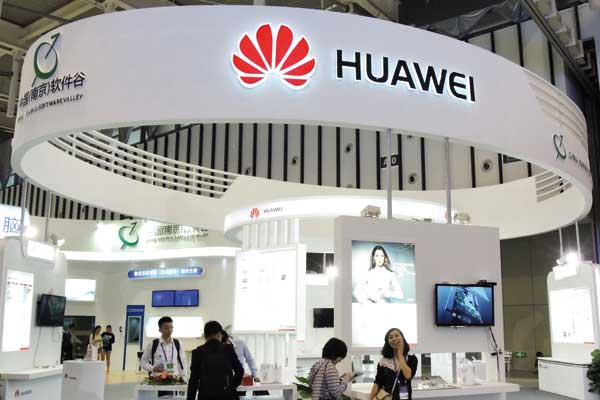It is not rare for politics to disrupt business deals involving Chinese companies in some Western countries. But such an ill-wind seems to be blowing even harder, as Australia has upheld its broadband ban on China's telecom company Huawei, and Turkey has postponed a missile deal with China under pressure from Washington and Brussels.
On Oct 29 Australia maintained a ban issued by the previous Labor administration preventing Huawei from bidding for the country's national high-speed Internet program. The decision was disappointing as it dimmed hopes that the controversial policy would be relaxed under the new Australian government led by Tony Abbott.

Compared with Huawei's expansion in the US, which has run into roadblocks, the company has been welcomed in most European countries. Provided to China Daily
Australian Communications Minister Malcolm Turnbull and Trade Minister Andrew Robb publicly showed their support for reviewing the ban, but just two days after their remarks, Australian Prime Minister Tony Abbott reportedly ruled out any involvement by Huawei in the broadband project.
The previous Labor administration had cited national security reasons for shutting the door on Huawei last year. But considering the Chinese world-leading telecom giant has been entrusted with business deals with high security requirements in Europe, the administration's decision was not at all convincing and it is widely believed that the move was politically motivated.
In recent years, Huawei has been repeatedly rejected in its attempts to gain a foothold in the United States due to so-called national security concerns raised by the US Committee on Foreign Investment. Last year, the US issued a congressional report, alleging that Huawei and ZTE, another Chinese telecom company, pose a security threat to the US and should be barred from US contracts and acquisitions.